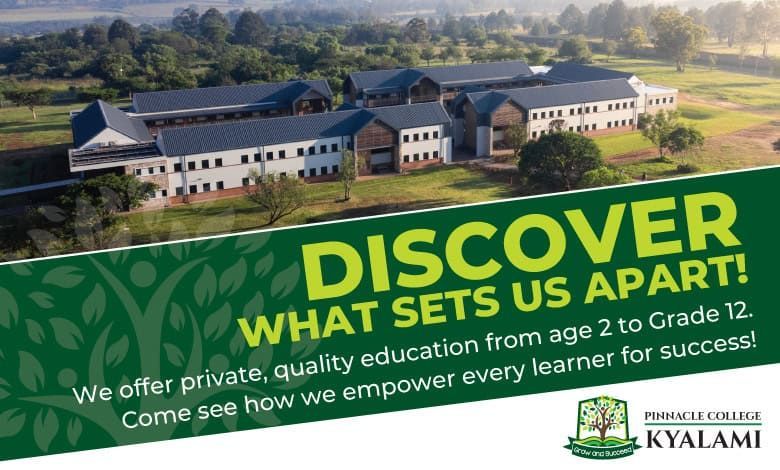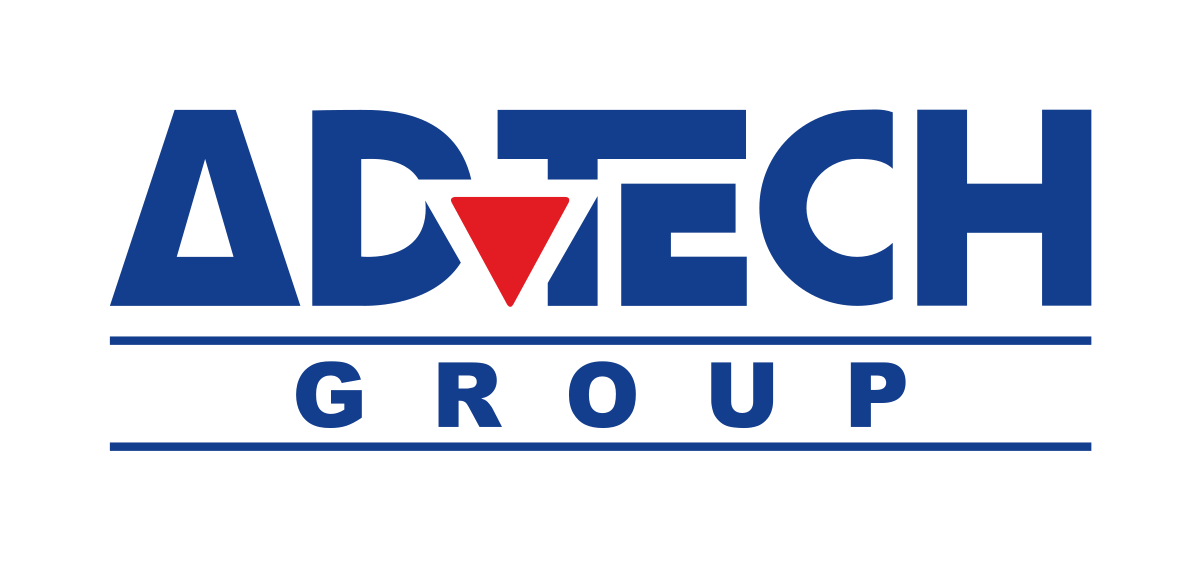SQ and CQ: Why you need more than IQ, AQ and EQ in a tough job market
Intelligence Quotient (IQ) has traditionally been considered a key indicator of potential, but it is increasingly no longer the sole indicator of personal and professional success, particularly in South Africa’s diverse environment. This is because Social Quotient (SQ) and Cultural Quotient (CQ) are emerging as additional key factors being considered when hiring and promoting candidates.
“Modern understanding recognises the crucial roles the various intelligences play in determining how effectively one navigates your educational and career journey,” says Talita van Wyk, Head of Programme at The Independent Institute of Education, SA’s leading private higher education provider.
IQ has long been the benchmark for assessing cognitive abilities, such as logical reasoning, problem-solving, and analytical skills. EQ, or Emotional Intelligence, measures one’s ability to understand and manage their own emotions and those of others. High AQ (Adaptability Quotient) is associated with qualities such as resilience, flexibility, and a proactive approach to problem-solving.
“While IQ, along with AQ (Adaptability Quotient) and EQ (Emotional Quotient), remain important qualities, our unique environment means that SQ and CQ are increasingly significant differentiators in the employment arena, and therefore individuals should also endeavour to develop these intelligences when building their personal brands” she says.
SQ refers to the ability to navigate social interactions and build strong relationships. It involves empathy, effective communication, and the ability to influence and inspire others. CQ is the capability to relate and work effectively across cultures - locally and internationally. “While each quotient individually contributes to professional success, their interplay is what truly sets top performers apart,” explains Van Wyk.
“For instance, a manager with high IQ and EQ can devise strategic solutions and motivate their team. However, without SQ, they might struggle to build trust and rapport, and without CQ, they could face challenges in a multicultural team.”
Professionals who excel in SQ and CQ are better equipped to handle the complexities of today’s workplace, as they are more adept at managing or working within diverse teams. That is why these skills are increasingly valued as organisations recognise the importance of diversity and inclusion for innovation and growth.
“The good news is that both SQ and CQ, together with the other intelligences, can be developed over time – particularly as awareness of these important qualities grow. As educators, both in the basic and higher education spheres, we should also endeavour to hone these skills to develop well-rounded and empowered individuals,” Van Wyk says.
CULTURAL QUOTIENT
“CQ involves understanding, respecting, and adapting to cultural differences to work effectively across diverse cultural contexts. It evaluates an individual’s capability to function effectively in culturally diverse settings,” says Van Wyk.
High CQ allows individuals to effectively communicate and interact with individuals from different cultural backgrounds, listen to and understand various perspectives, as well as adjust their behaviour and strategies to fit different cultural contexts and expectations authentically and without compromising their own values.
SOCIAL QUOTIENT
SQ pertains to understanding and managing social interactions and relationships, stressing the ability to understand social contexts and engage effectively with others. It measures an individual’s ability to navigate social environments, build and maintain relationships, and understand social norms and dynamics.
“A high SQ score is correlated with social awareness, that is, the ability to understand and interpret social cues and dynamics within different groups or environments. Its value arises from the ability to build and maintain healthy and productive relationships through effective communication and conflict resolution,” she says.
Van Wyk notes that while AQ, SQ and CQ are relatively recently recognised traits, they are not stand-alone individual traits, but rather are inter-connected, together with IQ and EQ.
“Understanding the existence and benefits of these traits and how they can enhance one’s educational and career journey are important first steps towards developing them,” says Van Wyk.
“To this end, it is important to embrace change, viewing it as an opportunity for growth rather than a threat. We need to be willing and able to step out of our comfort zones regularly, all the while developing our knowledge and skills.”
ADvTECH Updates











